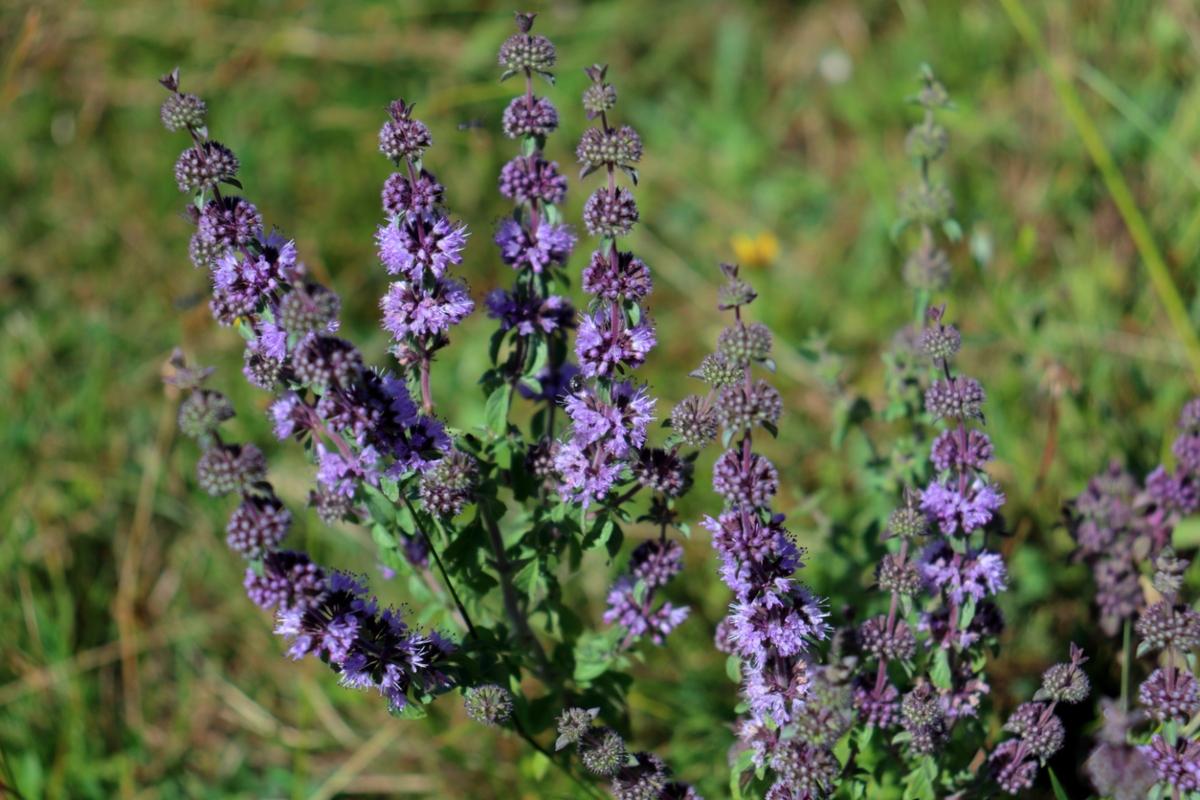As the warm breeze of summer invites everyone outdoors, it also brings the buzzing presence of bees and wasps. While these insects play a crucial role in our ecosystem, their uninvited streaks can put a damper on your picnic or backyard barbecue. This article will guide you on how to repel bees and wasps effectively, ensuring your outdoor experiences are enjoyable and pest-free.
Understanding the behavior and attraction of bees and wasps is essential for effective repellence. Both are essential pollinators, but in certain situations, their presence can be overwhelming. Here, we will cover natural remedies, preventive measures, and tips for safely enjoying your outdoor space without these bothersome stingers.

Understanding Bee and Wasp Behavior
Before diving into methods on how to repel bees and wasps, it's vital to understand their behavior. Bees are generally docile and focused on gathering nectar, while wasps are more aggressive, especially when they perceive a threat to their nests. Understanding these characteristics can help mitigate encounters.
Identifying Attractants
Bees and wasps are attracted to specific scents and food sources. Sweet foods, fruits, and sugary drinks tend to draw these insects closer. Eliminating these attractants around your gatherings is a helpful first step.
Natural Remedies to Repel Bees and Wasps
There are many **natural repellents** that can help keep bees and wasps at bay:
- Citrus peels: The scent of citrus is unappealing to bees and wasps. Placing citrus peels around your outdoor area can act as a natural deterrent.
- Vinegar: A mixture of vinegar and water can be sprayed around the area. The strong smell disrupts their senses.
- Plants that repel: Incorporating certain plants into your garden can provide a dual benefit of beautification and pest control. Examples include mint and marigold, which are known for keeping bugs away. For a comprehensive list of **herbs that repel bugs**, you can refer to this resource.

Preventive Measures for Your Space
Taking precautionary steps can significantly reduce the chances of bees and wasps invading your space:
Creating a Buzz-Free Zone
Designating areas for eating and drinking away from flowering plants can help diminish your attractiveness to these insects. Ensure that food remains covered and dispose of trash promptly.
Securing Openings
Inspect your home and outdoor surroundings for potential nesting sites. Seal any gaps where these insects may attempt to set up homes. Regularly checking your property can help in early detection and prevention.

Effective DIY Traps
If you're looking for further methods on how to repel bees and wasps, consider creating DIY traps:
Simple Wasp Traps
To make a DIY wasp trap, you will need:
- A plastic bottle
- A sweet bait such as sugar water or fruit
Cut the bottle in half, fill the bottom with the bait, and invert the top into the bottom half to create a funnel. Hang the trap away from your main area. Heres a more detailed guide on how to repel skunks from your yard, which also discusses similar DIY solutions: Read here.

Utilizing Store-Bought Products
While natural methods are effective, sometimes using commercially available repellents may be necessary.
Insect Repellents
There are various insect repellents available on the market specifically formulated to deter bees and wasps. Look for products that contain natural ingredients to ensure safety for you and the environment.
Home Remedies to Keep Them Away
Using certain **essential oils** can also help in naturally deterring bees and wasps. Oils such as peppermint, lemongrass, and tea tree oil can be effective when diluted and sprayed in areas where these insects are a nuisance.
Handling Stings and Allergic Reactions
Despite best efforts, stings can happen. Understanding how to respond is vital:
First Aid for Stings
If stung, remove the stinger promptly, wash the area, and apply a cool compress to reduce swelling. If you experience severe symptoms or an allergic reaction, see a medical professional immediately.
Seeking Professional Help
If bee or wasp infestations persist, don't hesitate to contact pest control services. They have the expertise and tools necessary to handle the situation safely.
Frequently Asked Questions
1. What can I plant to keep bees and wasps away?
Plants such as peppermint and marigold are known to naturally deter these insects. For more information, visit this guide on planting herbs.
2. Are there any safe homemade bee and wasp repellents?
Yes, citrus peels, vinegar solutions, and essential oils are all safe homemade options that can effectively repel bees and wasps.
3. How do I know if I have a bee or wasp nest nearby?
Look for frequent activity in a specific area. Wasps tend to build nests in sheltered areas, while bees may be found in hollow structures. If you suspect the presence of a nest, consult professionals.
As an Amazon Associate, I earn from qualifying purchases.
